Short Tax Year: How To Save Money In The Short Term?
When discussing a taxpayer's annual accounting, a short tax year means that the taxpayer's tax year is faster than a full calendar year. Suppose a person's tax liability depends partly on how much their income is taxed. In that case, a fiscal year ending sooner may mean that the person has less tax to pay. If a taxpayer owns goods that can be deducted in a partial tax year but not a full one, the taxpayer could benefit from a shorter one. So, there is still one more way a taxpayer could help from a fiscal year that is shorter than it usually is. A person who files a federal income tax return during a tax year shorter than 12 months may be able to use both the personal exemption and the standard deduction.
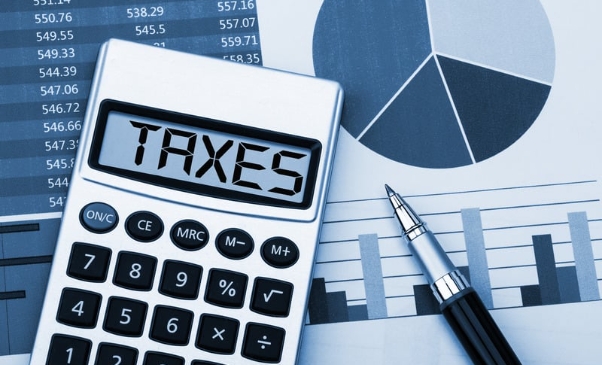 What is a Short Tax Year?Compared to a "full" tax year, one that ends before December 31 of the same year is called "short." Many businesses with fiscal years that end on December 31 choose to file their taxes based on a tax year that ends on the same day as their fiscal year. This is called a "Short Tax Year." Tax years shorter than the standard year can be used by businesses whose fiscal years end on days other than December 31. In unusual situations, it might be good to have a fiscal year that is one month shorter than usual.If a shorter tax year helps the company pay less in taxes, it could be good for the company. Suppose a company uses a Short Tax Year and keeps using it. In that case, it may be able to lower its tax bill by taking advantage of deductions and credits that are only available during the shorter fiscal year. Because of this, the total amount of taxes owed may be less.Before switching to a short tax year, the owners of a business should think carefully about some factors. Clean up the mess around the house as a first step. It is important to plan ahead financially and keep detailed records so that you can get all of the credits and deductions to which you are entitled and know how much money you will need to save for retirement. If you don't plan ahead with your money, you might not be able to get all of the credits and deductions you deserve.
What is a Short Tax Year?Compared to a "full" tax year, one that ends before December 31 of the same year is called "short." Many businesses with fiscal years that end on December 31 choose to file their taxes based on a tax year that ends on the same day as their fiscal year. This is called a "Short Tax Year." Tax years shorter than the standard year can be used by businesses whose fiscal years end on days other than December 31. In unusual situations, it might be good to have a fiscal year that is one month shorter than usual.If a shorter tax year helps the company pay less in taxes, it could be good for the company. Suppose a company uses a Short Tax Year and keeps using it. In that case, it may be able to lower its tax bill by taking advantage of deductions and credits that are only available during the shorter fiscal year. Because of this, the total amount of taxes owed may be less.Before switching to a short tax year, the owners of a business should think carefully about some factors. Clean up the mess around the house as a first step. It is important to plan ahead financially and keep detailed records so that you can get all of the credits and deductions to which you are entitled and know how much money you will need to save for retirement. If you don't plan ahead with your money, you might not be able to get all of the credits and deductions you deserve.
When is a Short Tax Year?A "short tax year" is a fiscal year with less than twelve months. Suppose a company's fiscal year ends on the last day of the month instead of the previous day of the year. In that case, many companies will file their taxes based on the shorter tax year because it lowers their tax bill. For example, if a company's fiscal year ends on December 31, it can still file its taxes for the year by April 15 as long as it does so within the year it has to. This rule is called the "safe harbour" rule.How Does a Short Tax Year Affect You?If the company's fiscal year doesn't end on December 31, the company's tax year will be shorter than usual. Businesses with a fiscal year that ends on December 31 will use January 31 as the end of the year for their tax calculations. There are many different ways this could be good.At first, it will cause the corporation's taxable income to go down. For example, if a company's annual revenue for the fiscal year is less than its annual sales for the calendar year, it would owe fewer taxes because the fiscal year is shorter. This is because there are fewer days in the fiscal year.Second, the total amount of tax people will have to pay may go down. This is because the tax authorities will treat your returns as if they were for a whole year that ended on December 31. This needs to be done so that the right tax calculations can be made.How to Make a Short Tax Year happen"Tax Year End Short Fiscal Year" means that the end of the fiscal year is closer to the end of the tax year. Because the tax year is shorter, you might be able to lower your overall tax bill by doing any of the following:
- Start working on your taxes as soon as possible. Because of this, it's less likely that you'll have to file your tax return late.
- Check to see if you are missing out on any possible tax breaks. You may already be eligible for several tax breaks, which is good news because it means you can probably get them.
- Your tax return should be sent in as soon as you can. As a direct result, the chance you'll be charged a late fee will decrease.
- Always keep your papers in order. With this tool, finding the things you need when you need them will be much easier.
- If you need help, you shouldn't be ashamed to ask for it. When it's time to file your tax return, you have access to several tools that could help you.
What to do if You Entered a Short Tax YearYou have to do a few things if you start your business in the middle of the tax year. In this way, you can either use the online tools that the IRS provides or tax software from a third party to file your taxes. To use the IRS's Online Filing System, you must sign up for an account and give information about your business. You must also enter your income after all deductions and credits are accounted for. Once this is done, you have to send in your tax return.Suppose you choose to use an online tax service to file your return. In that case, you will need to give information about your business, your W-2 forms, In addition, it will be up to you to file your tax return. Even if your tax year was longer than 12 months, you still have to calculate and file your taxes if you used a tax preparation service.
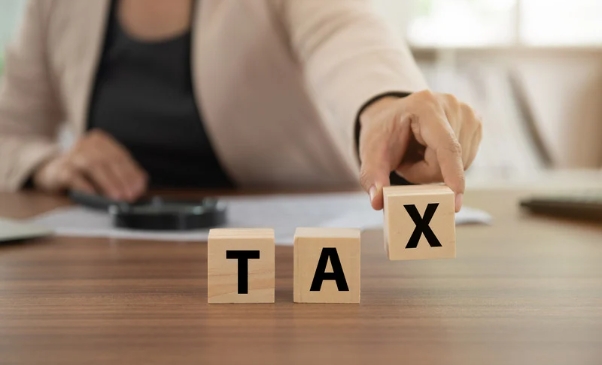 Conclusion:We hope you liked the blog post we wrote about the definition of a short tax year. You have much less time to file your tax return during a short tax year than you would during a normal fiscal year. People with a lot of money or assets they want to keep safe may find that a shorter tax year is to their benefit in some situations. If you file your taxes sooner rather than later, you might be able to pay the government less money. This will let you save or invest more of the money you've worked hard for. We're glad you took the time to read this, and we hope it was interesting and helpful.
Conclusion:We hope you liked the blog post we wrote about the definition of a short tax year. You have much less time to file your tax return during a short tax year than you would during a normal fiscal year. People with a lot of money or assets they want to keep safe may find that a shorter tax year is to their benefit in some situations. If you file your taxes sooner rather than later, you might be able to pay the government less money. This will let you save or invest more of the money you've worked hard for. We're glad you took the time to read this, and we hope it was interesting and helpful.
On this page

By Rick Novak : Mar 29, 2023
Top Agriculture Stocks 2023
The top agriculture stocks for investors to consider focus on companies with a strong market position, innovative products, and a commitment to sustainability. The ten companies highlighted in the article include Archer-Daniels-Midland Company, Deere and Company, Nutrien Ltd., Bunge Limited, Corteva, Inc., Agrium Inc., Monsanto Company, Syngenta AG, Mosaic Company, and Zoetis Inc. Investing in these companies can provide exposure to the agriculture sector and the potential for long-term growth.
Read More
11277

By Kelly Walker : Aug 11, 2023
Cracking the Depreciation Code
Learn how to calculate depreciation and help yourself manage your finances. We have listed down multiple formulas by which you can confidently calculate your depreciation
Read More
5846

By Kelly Walker : Jan 28, 2023
Should You Buy a House at Auction?
Purchasing a home through an auction can be a great way to secure a property at a good price. However, there are risks associated with the process that must be taken into account. Before bidding on a property, it is important to research and ensures all paperwork is in order.
Read More
11927
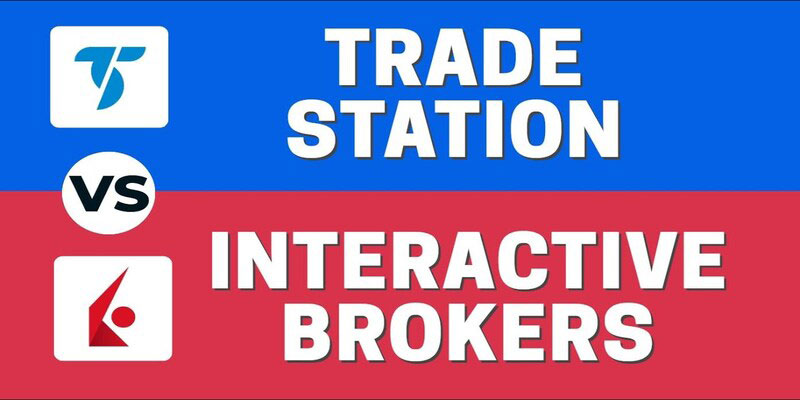
By Kelly Walker : Mar 29, 2023
Review Of The Hilton Honors American Express Card 2023
The Hilton Honors American Express Card is a co-branded credit card that allows cardholders to earn rewards and benefits for their stays at Hilton hotels. In this article, we will cover the various benefits and features of the card, the Hilton Honors Rewards program, how to use the card to maximize rewards, and how it compares to other hotel and travel rewards credit cards.
Read More
8034
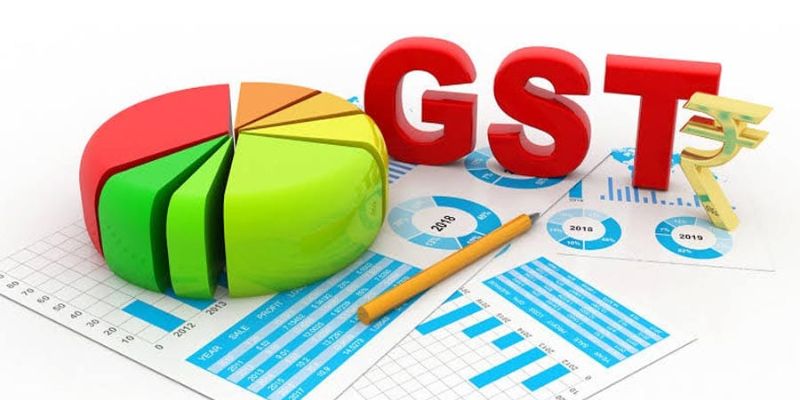
By Kelly Walker : Jul 28, 2023
How To Use Your Roth IRA as an Emergency Fund
Struggling to make ends meet during unexpected financial burdens? Learn how to use your Roth IRA as an emergency fund and secure your future.
Read More
16710

By Rick Novak : Apr 26, 2023
How Are Fees for ETFs Deducted?
Due to their cheap fees, diversification, and convenience of trading, exchange-traded funds (ETFs) have gained popularity among investors. Many shareholders, however, wonder how ETF fees are removed from their investments.
Read More
10834

By Rick Novak : Feb 23, 2023
What is a Prudent Investment
A prudent investment is the acknowledged use of financial securities appropriate for the objectives and goals of the investor. Good fiduciaries closely track the results of the investments they have chosen for their customers to ensure that they are accomplishing their intended goals. The Prudent Investor Rule requires fiduciaries to make sensible investment and financing decisions for their customers based on the data available.
Read More
6177

By Rick Novak : May 01, 2023
How FIFA Makes Money
Learn how the world's leading football organization makes money and why it’s still successful. Get an in-depth look at their business strategies to generate revenue and drive success.
Read More
17634

By Rick Novak : Mar 30, 2023
Best Ways to Learn Technical Analysis
Improve your market analysis skills and stay ahead with these proven strategies for mastering technical analysis. Quickly learn to identify key trends and make better decisions in any market.
Read More
6580
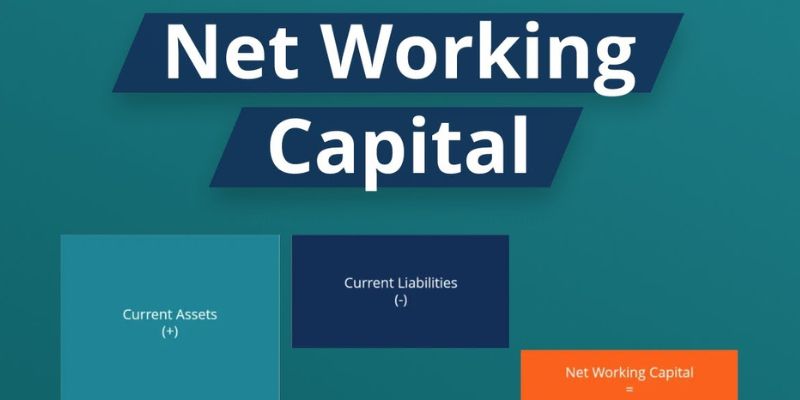
By Kelly Walker : Jun 02, 2023
What Is the Net Working Capital Ratio?
Understanding the net working capital ratio is essential to managing your finances and accurately evaluating investment opportunities. Learn how to calculate it and why it matters with this guide!
Read More
10290
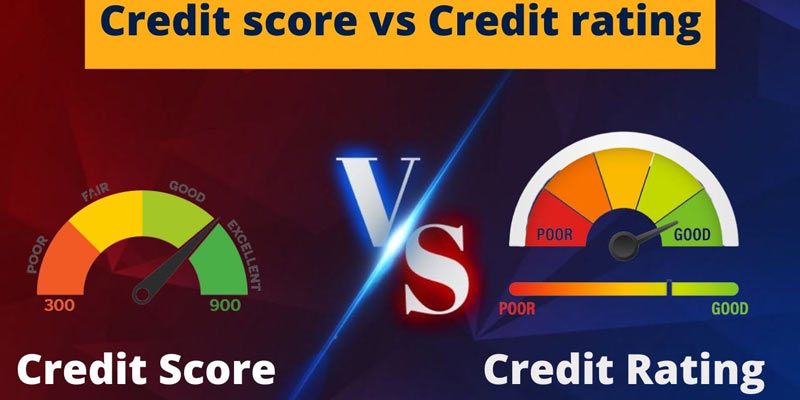
By Kelly Walker : Mar 06, 2023
Credit Rating vs. Credit Score: What’s the Difference?
Wondering what the difference is between your credit rating and credit score? This post breaks it all down for you, so you can understand how they work together to impact your finances.
Read More
6147

By Rick Novak : Feb 22, 2023
Taxation of Mutual Funds
You are required to pay taxes when you hold mutual fund shares and when you sell your shares. The primary sources of mutual funds taxes are capital gains (when you sell shares in the fund) and dividends (when you own mutual funds) when you keep funds in taxable accounts.
Read More
4197